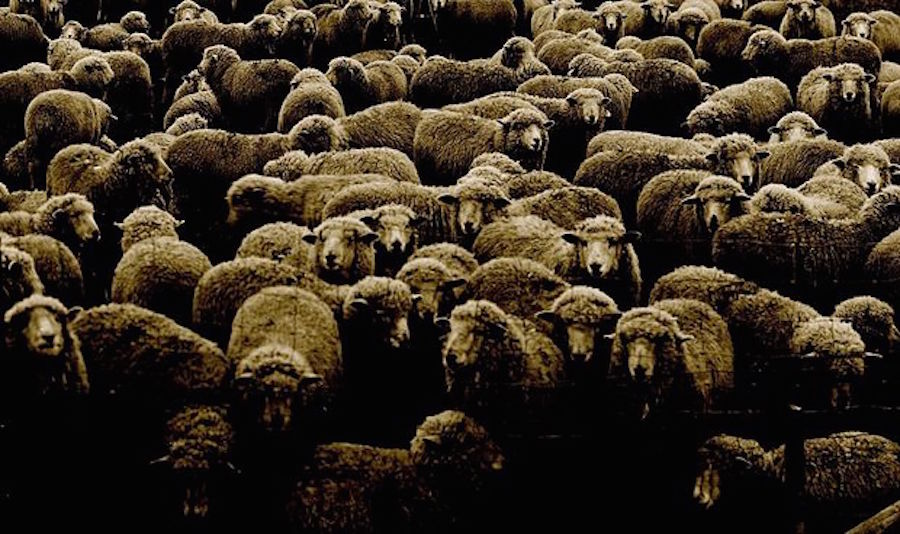This article was tranlated by Iustrans
It is not the first time we speak of Iker Saitua, a young Basque historian from Algorta who is completing his PhD at the University of Reno (Nevada), in its Center for Basque Studies, focusing on the presence of Basques in that part of the USA.
It seems clear that this contemporary Basque, who wants the life stories of the Basques from the past in the Far West to be preserved for the Basques of the future, does not want his work to be limited to libraries, newspaper archives or personal interviews. We already saw this in his previous article in the Elko Daily, and have seen more clear evidence of it in another article that we refer to today.
Iker does not only write about the social, economic, political and personal conditions with which Basques had to deal in that part of the USA, but decided that, in order to get to know those conditions first-hand, to should put on his shepherd’s boots and work on a sheep ranch; a ranch that was once in fact owned by a Basque immigrant.
This makes for an interesting read, not only on the history of Basque shepherds, but also to better understand the crossroads at which the economy of the primary sector in that part of the USA stands. A complex situation resulting from a drought that has lasted too long.
Elko Daily – 12/5/2015 – USA
‘Sheeped’ in Nevada
When historian Bernard DeVoto once asked a Basque sheepherder why he chose to work in this occupation, the answer was: “I seek the quiet heart.” Apparently, the Basque immigrant came to the West to search out the solitude and lonely life resulting from working with sheep in the desert. DeVoto, for his part, was probably looking at this Basque as a humble immigrant worker who was pushed out of his country due to difficult economic conditions at home and cheaply contracted to graze large flocks of sheep on the public lands in the North American West.
(Continue) (automatic translation)
Last Updated on Dec 20, 2020 by About Basque Country





